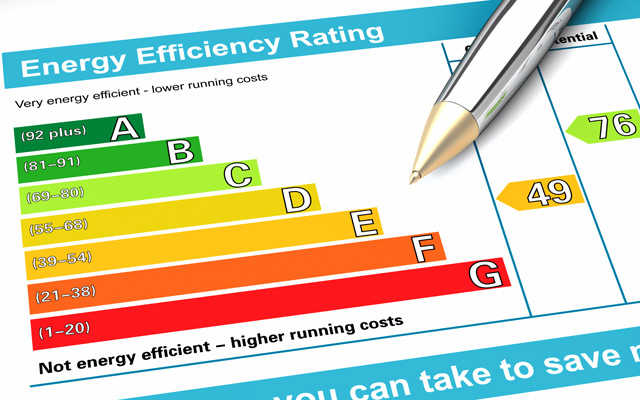As the temperatures drop, homeowners rely heavily on their heating systems to maintain a warm and comfortable home. One of the most important factors in ensuring both effective heating and manageable utility bills is boiler efficiency. Understanding boiler efficiency ratings and choosing the right model can make a significant difference in heating costs and overall comfort. This article will explore the importance of boiler efficiency and how it impacts your home.
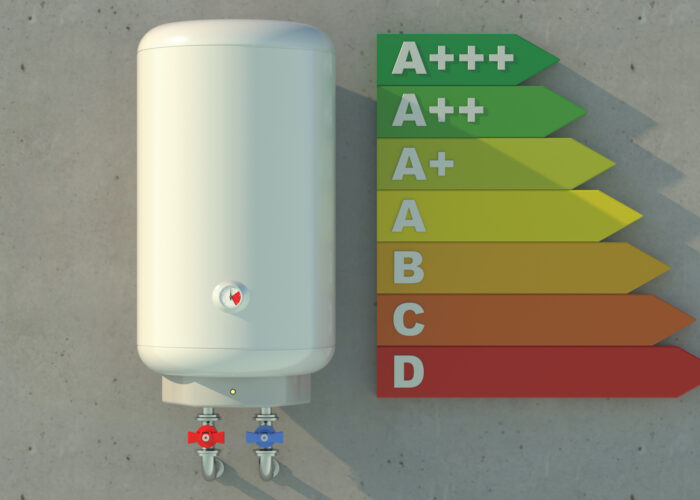
What Is Boiler Efficiency?
Boiler efficiency refers to how well a boiler converts fuel into usable heat. It is expressed as a percentage, known as the Annual Fuel Utilization Efficiency (AFUE). A higher AFUE rating indicates that a boiler converts more of its fuel into heat, wasting less energy in the process. For example, a boiler with an AFUE of 90% converts 90% of the fuel into heat, with only 10% lost.
Types of Boilers Based on Efficiency:
- Standard efficiency boilers: Typically have AFUE ratings between 70% and 85%.
- High-efficiency boilers: Have AFUE ratings of 90% or higher, with some condensing models reaching over 95%.
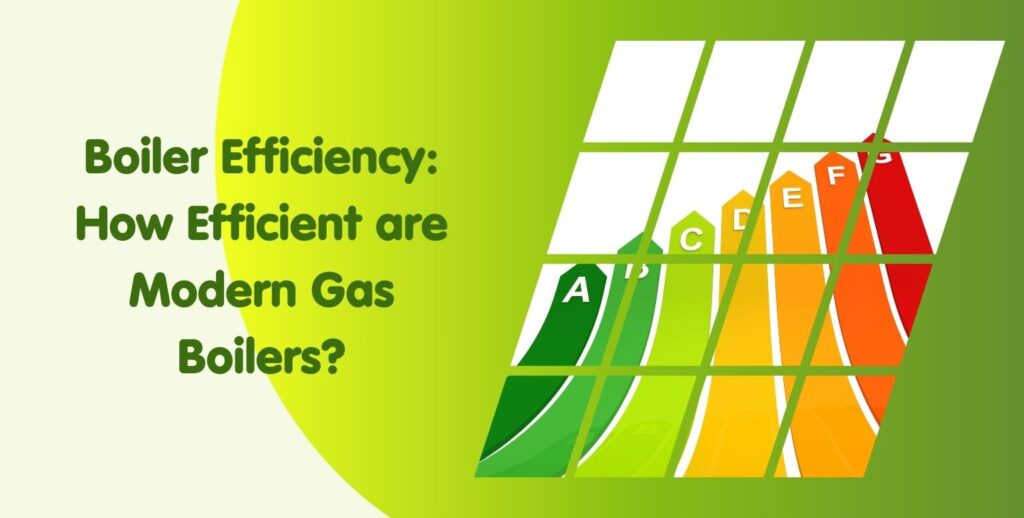
The Importance of Boiler Efficiency Ratings
Choosing a high-efficiency boiler can significantly impact both your energy bills and your home environment. Here’s why:
- Reduced Heating Costs: High-efficiency boilers consume less fuel to produce the same amount of heat as standard models. This means that by opting for a boiler with a higher AFUE rating, you can reduce your monthly energy expenses. Over time, the savings on heating costs can offset the initial investment in a high-efficiency model.
- Example: A home heated by a boiler with an 80% AFUE may have noticeably higher annual heating costs compared to one with a 95% AFUE, as more energy is wasted in the process.
- Lower Environmental Impact: Boilers with higher efficiency ratings use less fuel, which means fewer greenhouse gas emissions are produced. For homeowners looking to minimize their environmental footprint, choosing a high-efficiency boiler is an effective step toward greener living.
- Enhanced Home Comfort: Modern high-efficiency boilers are designed to maintain more consistent indoor temperatures. These systems often come with features like variable heat output and intelligent control mechanisms, ensuring that heat is distributed evenly throughout the home. This translates to a more comfortable living environment, especially during the coldest months.
Key Features of High-Efficiency Boilers
- Condensing Technology: High-efficiency boilers typically use condensing technology to maximize heat extraction. Unlike standard boilers, which expel hot exhaust gases, condensing boilers capture and recycle this heat through a secondary heat exchanger, improving overall efficiency.
- Modulating Burners: Many high-efficiency boilers have modulating burners, which adjust the flame size based on the home’s current heating demands. This feature reduces energy use and maintains a steady indoor temperature.
- Smart Controls: Advanced models come equipped with smart controls that can be paired with programmable thermostats. These allow homeowners to set heating schedules, optimize energy use, and monitor performance remotely.
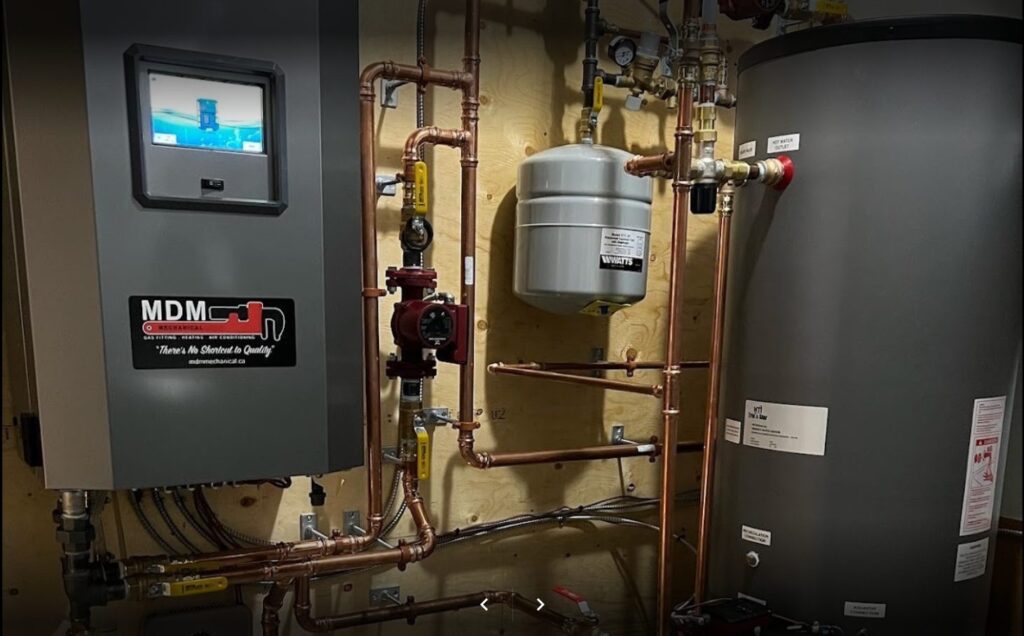
Factors to Consider When Choosing a Boiler
- AFUE Rating: Always check the AFUE rating of a boiler before purchasing. High-efficiency models with ratings above 90% are generally a better investment, even if the upfront cost is higher.
- Fuel Type: The type of fuel a boiler uses also affects efficiency and running costs. Natural gas boilers are usually more energy-efficient than oil or electric models, but local fuel availability and costs should be factored into your decision.
- Size of the Boiler: The boiler’s size must match your home’s heating requirements. An oversized boiler will cycle on and off frequently, leading to energy waste and uneven heating. On the other hand, an undersized boiler will struggle to heat your home efficiently. A professional heating engineer can help determine the appropriate size based on your home’s square footage, insulation, and climate.
- Initial and Lifetime Costs: High-efficiency boilers generally come with a higher initial price but lower operational costs over their lifespan. When considering which model to choose, evaluate both the upfront and long-term costs. Energy savings over 10 to 15 years often justify the higher initial investment.
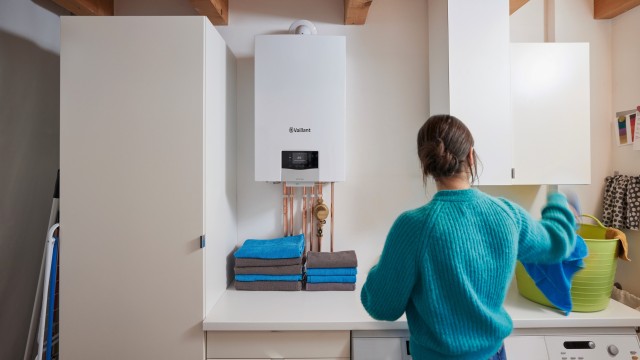
Tips for Improving Boiler Efficiency and Reducing Costs
- Annual Maintenance: Regular servicing ensures that your boiler runs at peak efficiency. Annual check-ups can identify and resolve potential issues before they escalate into expensive repairs.
- Bleed Your Radiators: Air trapped in radiators reduces heating efficiency. Bleeding radiators regularly helps maintain optimal heat distribution and overall system performance.
- Upgrade Your Thermostat: Pairing your high-efficiency boiler with a programmable or smart thermostat can significantly boost energy savings. Smart thermostats allow for better control over heating schedules and can reduce energy usage when you’re not at home.
- Improve Home Insulation: A high-efficiency boiler can only do so much if your home is poorly insulated. Sealing drafts, insulating walls, and upgrading windows can enhance your heating system’s performance by reducing heat loss.
How to Choose the Right Boiler for Your Home
To select the best boiler for your needs, consider the following:
- Consult a Professional: A certified HVAC professional can conduct a heat load calculation, assess your current system, and recommend the right boiler for your home’s unique needs.
- Compare Energy Ratings: Look for the Energy Star label, which identifies high-efficiency boilers that meet strict energy-saving guidelines.
- Review Features: Prioritize boilers with advanced features like modulating burners, smart controls, and multi-zone heating capabilities if these align with your budget and requirements.
Final Thoughts
Boiler efficiency is a critical factor that affects both your heating costs and home comfort. Opting for a high-efficiency boiler not only helps you save money on energy bills but also supports environmentally friendly practices. While the initial cost of a high-efficiency model may be higher, the long-term benefits in reduced fuel consumption, better heating, and increased home value make it a worthwhile investment.
